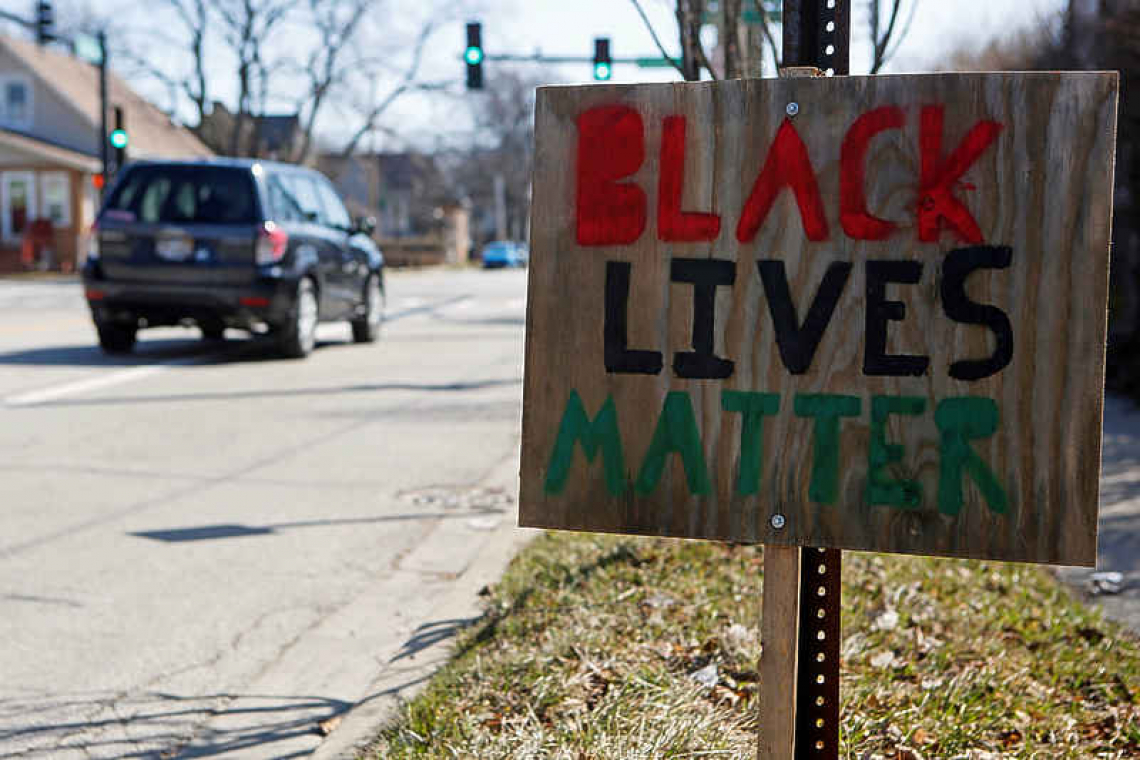WASHINGTON--Democrats in the U.S. House of Representatives have advanced a bill that could pave the way to reparations for Black Americans as part of a broader effort to address centuries of enslavement and institutional racism.
The House Judiciary Committee late on Wednesday voted 25-17 to create a commission to draft reparation proposals, an idea first proposed in Congress three decades ago. No Republicans voted to support the measure, a committee spokeswoman said.
"Slavery was this country’s original sin. Our Constitution protected it and we continue to grapple with its effects today," Democratic Representative Steve Cohen, a senior committee member, tweeted late on Wednesday.
The partisan vote underscores the difficulties the legislation faces in a Congress where prominent Republicans oppose the measure and none have joined the 175 members of President Joe Biden's Democratic Party as co-sponsors. With Republicans expected to try to block the bill in the Senate, some Democrats already were weighing a new strategy.
House Majority Leader Steny Hoyer on Wednesday told reporters that he hoped Biden would use his own powers to create the commission. Biden took office in January, having defeated Republican President Donald Trump in a November election.
The House Democrats' bill would set up a commission to examine enslavement and discrimination from 1619 to the present and draft reparation proposals. It would be modelled on a commission Congress approved in the 1980s to document the World War Two incarceration of thousands of Japanese-Americans.
"This is not a cry for a handout. It is a cry for an acknowledgement that there has never been a response to the unpaid labour that helped build this nation," Democratic Representative Sheila Jackson Lee told reporters this week.
The idea is gaining traction in some parts of the United States. The Chicago suburb of Evanston, Illinois, last month became the first U.S. city to offer reparation money to Black residents. The action coincides with anti-racism protests in cities across the country and while a former Minnesota police officer is on trial, accused of murdering a Black man, George Floyd, in one of a long series of killings that have stirred outrage.
Even if the bill passes the Democratic-controlled House, where it would need a simple majority, it would face a higher hurdle in the Senate, where at least 10 Republicans and all 50 Democrats would have to support the bill for it to pass. When the measure was last debated in Congress in 2019, Senate Republican Leader Mitch McConnell opposed it, saying at the time: "No one currently alive was responsible" for enslaving Black people brought to America during centuries of slave trade.
Toward the end of the U.S. Civil War in 1865, freed slaves were promised "40 acres (of land) and a mule" but the pledge was annulled following President Abraham Lincoln's assassination. Thursday is the 156th anniversary of his death.
Today African-Americans, who comprise around 13 percent of the U.S. population, suffer disparities in pay, housing and healthcare, including in distribution of the COVID-19 vaccine.







